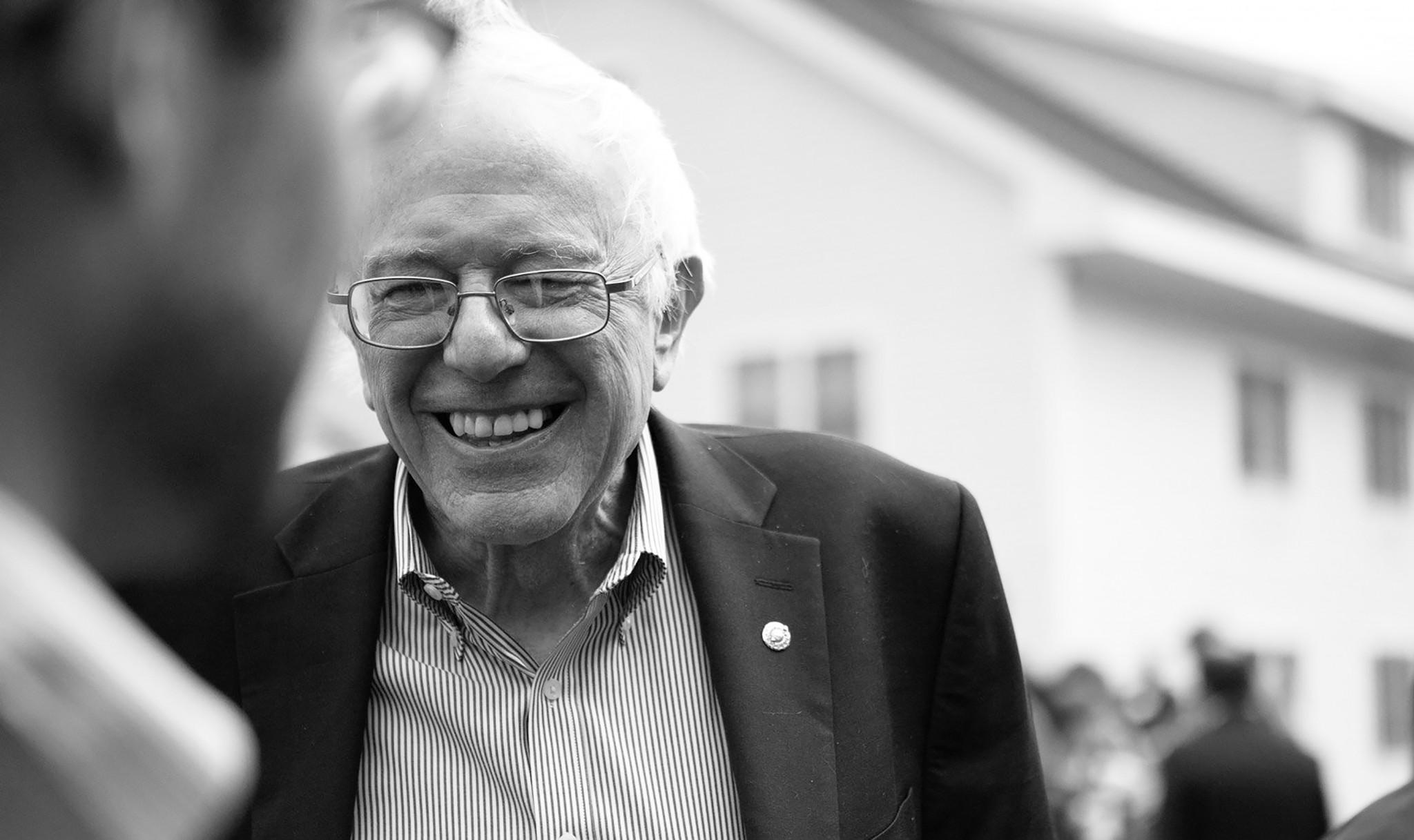Bernie Sanders’ successful performance in last week’s debate has raised important questions about our political future. Would Americans really be willing to elect a self-described Democratic socialist?
The automatic answer would seem to be “no.” For generations now, socialism has been aligned as perhaps the most anti-freedom force that exists in the universe.
Yet, it seems strange that the stigma surrounding the word also limits the freedom of our discourse. If you can attach the label “socialism” to some idea or policy, it makes it almost impossible for that idea to advance at all.
And Americans seem to have a hysterical fear of socialism while not seeming to have much understanding of the concept.
The fact that the Affordable Care Act, perhaps the most conservative health care reform alternative that is not nothing, can be challenged on the basis of its socialism illustrates the point.
Having this type of limitation on our discourse does nothing but hurt us. After all, is it not the point of this country that we to decide how the country will be run?
I do not consider myself a socialist, but I do believe that the concept of the public sector has taken such a hit over the last four decades that having a self-described socialist is just what we may need.
For university students in particular, this conversation matters.
A December 2014 Government Accountability Office report found that the cost of higher education is increasingly falling on students, with tuition making up a larger percentage of college revenues than state government funds between 2003 and 2012.
Even if you have reservations about Sanders’ free college plan, the fact that he is putting the idea out there forces us to consider it. Even if that plan is not adopted, we still might get to a place where we can at least reinvest in higher education.
Conservatives in the 1980s were successful in defining a dichotomy between big government and small government, that in many ways is still with us.
This false and hypocritical paradigm has itself stigmatized any sort of spending on social welfare. Meanwhile, things like costly tax cuts and wars somehow seem to pass small government muster.
Looking at government purely based on size obscures the real question: What should government do and not do?
Our fear should be arbitrary government; government that is unjust, needlessly wasteful and disconnected from its citizens’ concerns.
Within that context, we can have discussions over important things like cost and implementation of certain policies. But to get there, we have to raise the barriers we have erected around certain ideas.
Bernie Sanders is by no means perfect. While I like a number of his ideas, I think that some in his fanbase have become cultish, responding to any criticism of the man or his policies with hysteria.
Still, I think he is doing a service to the country by putting these ideas out there. He is normalizing in a way that expands the acceptable policies that we can consider.
Griffin, a senior journalism major from Madison, is an opinion writer.

